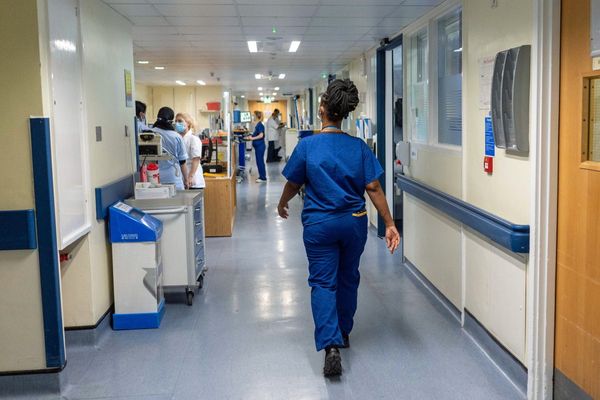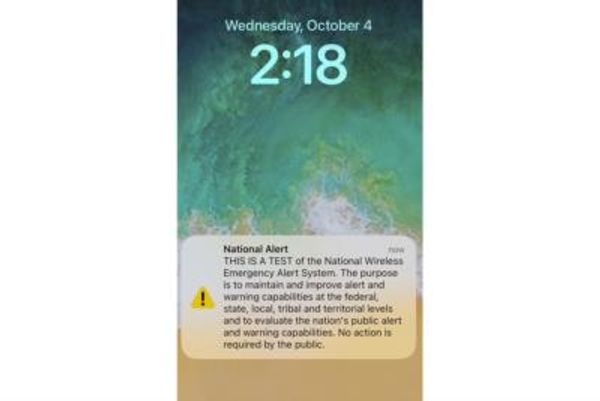
Congress still hasn’t cancelled your student loans. Here are 4 reasons why.
Here’s what you need to know — and what it means for your student loans.
Student Loans
If you’re wondering whether your student loans will be cancelled, one place to turn is Congress. Several senators and representatives have proposed wide-scale student loan cancellation. For example, Sen. Bernie Sanders (I-VT) has proposed cancellation of all student loan debt, including both private and federal student loans. Senate Majority Leader Chuck Schumer (D-NY) and Sen. Elizabeth Warren (D-MA) have proposed student loan cancellation of up to $50,000. A new proposal from a fellow Democrat would cancel only $25,000 of student loans. Even with all these proposals, Congress hasn’t voted on any of these plans. Here are 4 reasons why:
1. Republicans don’t support mass student loan forgiveness
Democrats may control Congress, but the Senate is split 50-50. Vice President Kamala Harris can break a tie vote, but passing legislation on wide-scale student loan cancellation generally would require 60 votes. This means that Republicans support would be necessary. Republicans generally don’t support mass student loan cancellation for all or most student loan borrowers. (6 major changes to student loan forgiveness). Republicans have supported reforms to higher education, including public service loan forgiveness and temporary student loan relief that paused student loan payments during the Covid-19 pandemic. However, many Republicans view mass student loan cancellation as poorly targeted wealth redistribution. For example, Rep. Virginia Foxx (R-NC), the leading Republican on the House Committee on Education and Labor, has said wide-scale student loan cancellation is a mistake. Sen. Tom Cotton (R-AR) has said if Biden extends student loan relief for a fourth time, it would be a “terrible idea.”
2. Democrats don’t support wide-scale student loan cancellation either
While many progressive members of Congress support wide-scale student loan cancellation, the policy isn’t universally popular among Democrats. (Where Biden stands on student loan relief). That may come as a surprise given the rhetoric that dominates news headlines on student loans. However, not all Democrats support student loan cancellation for all or most student loan borrowers. Most Democrats support targeted student loan forgiveness such as pubic service loan forgiveness, borrower defense to repayment, teacher loan forgiveness and income-driven repayment. However, if a vote were held today on mass student loan forgiveness, Democrats wouldn’t have the votes to pass the legislation. (Student loan borrowers may go on strike, refuse to pay student loans). For Democrats who support wide-scale student loan cancellation, there are divisions about how much student debt to cancel. Some Democrats wants $50,000 of student loans cancelled. Others want all student loan debt erased. Other Democrats want $10,000 of student loans forgiven, as President Joe Biden has proposed. (Biden has cancelled $15 billion of student loans). Without a firm plan with wide support, it’s hard to envision Congress passing mass student loan cancellation.
3. Congress is waiting on Biden to enact wide-scale student loan cancellation
Another reason Congress hasn’t cancelled student loans? Progressives in Congress are waiting on Biden to enact wide-scale student loan cancellation. Democrats recognize that there isn’t widespread support among their colleagues to pass student loan cancellation. So, they have been consistently pressuring Biden to act. Yesterday, 210 organizations wrote a letter to Biden urging substantial student loan cancellation. Schumer and Warren have consistently lobbied Biden to sign an executive order to erase $50,000 of student loans for borrowers. Biden supports $10,000 of student loan cancellation, but he wants Congress to pass legislation first. Biden has said he doesn’t believe he has unilateral legal authority to cancel student debt for all or most student loan borrowers.
4. Congress is focused on other priorities
Congress can certainly manage multiple policy goals simultaneously, but Congress may be focused on other priorities. From the Russia-Ukraine conflict to Covid-19, Congress may not be as focused on student loan cancellation now. Plus, Congress is still working to pass Biden’s legislative agenda, including Build Back Better.
(Biden Didn’t Mention Student Loans In State Of Union Address)
Student loans: what happens next
Last week, White House Chief of Staff Ron Klain said Biden may consider extending student loan relief beyond May 1. Klain also said that student loan forgiveness could be considered too. For there to be any wide-scale student loan cancellation, either Congress needs to vote or the president would need to act. If Congress passes legislation, this would be the more traditional path. It’s lower likelihood that the president will act unilaterally, and even if he does, legal challenges may delay the implementation for months or longer. Importantly, temporary student loan relief is scheduled to end May 1, 2022. This means that federal student loan payments will restart, so make sure you’re prepared for this transition. Here are a few smart ways to pay off student loans faster:
- Student loan refinancing (lower interest rate + lower payment)
- Income-driven repayment (lower payment)
- Student loan forgiveness (federal student loans)







